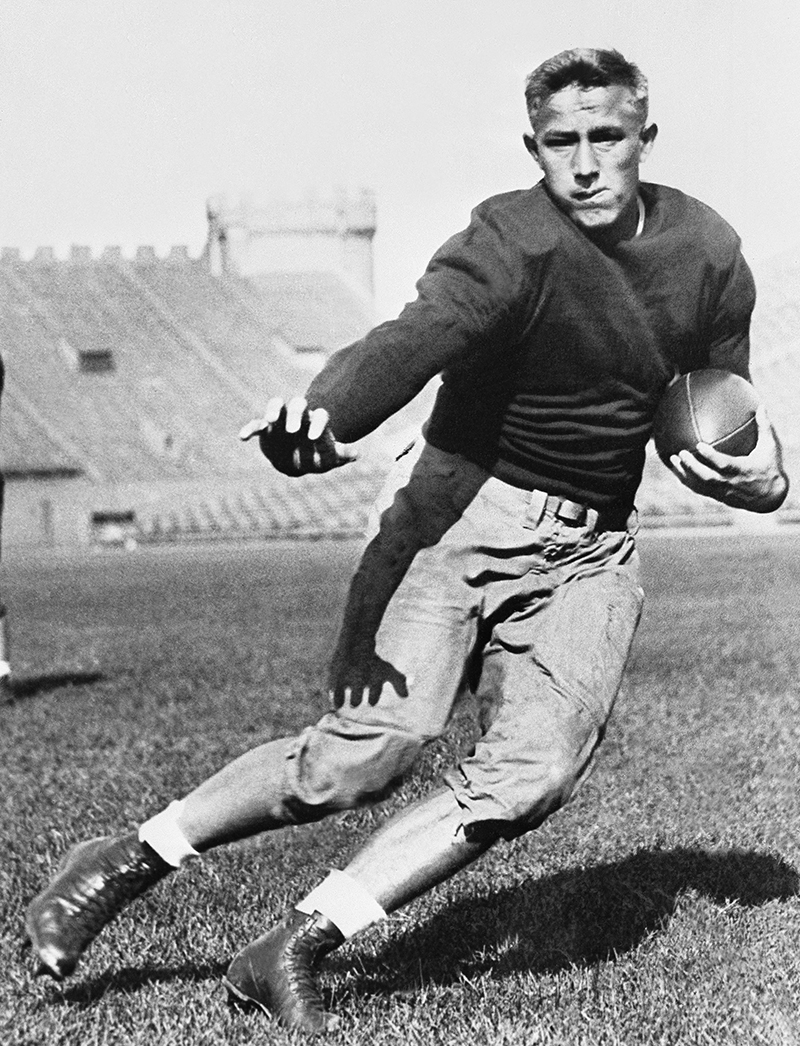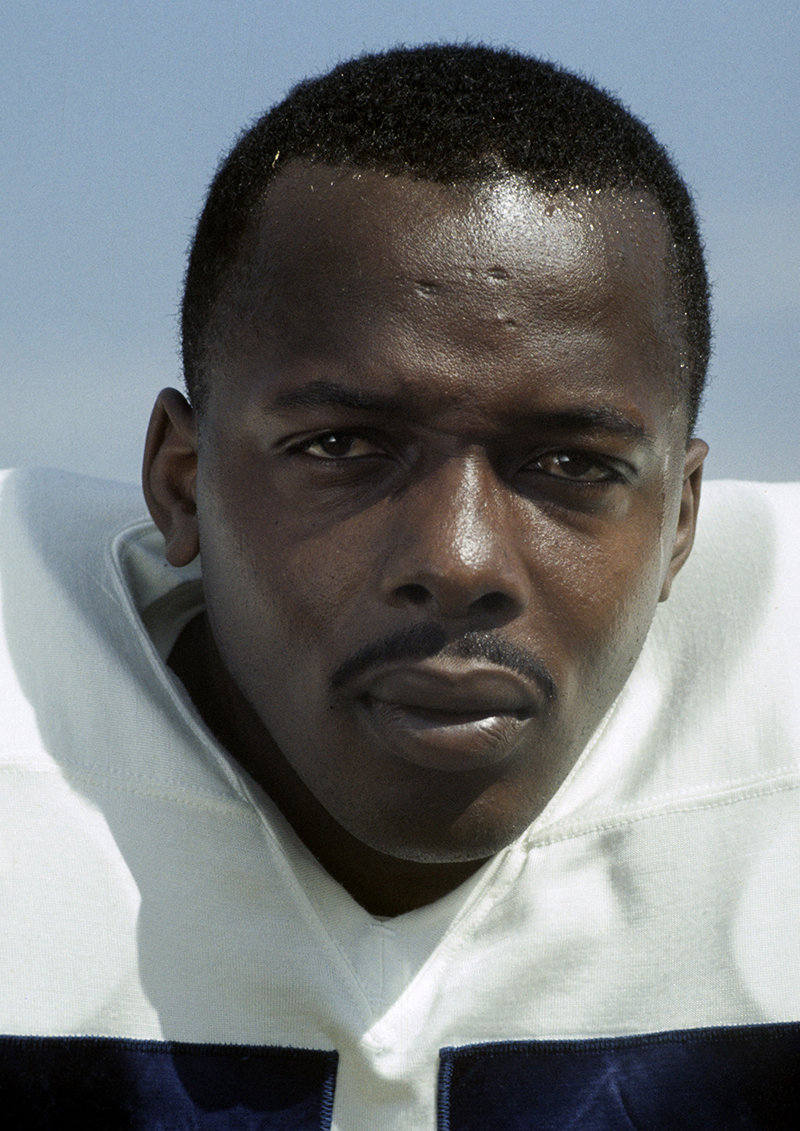A Rough Draft
3/16/2016
Well, it’s that time of year again when Talk Radio phone lines are lighting up with callers wanting to be heard. The conversation has shifted from “what could have been” to “what should be” and “who the best choice to get us there is.”
No I’m not talking about the heated political discourse surrounding the upcoming presidential election. I’m talking about the seemingly endless debate surrounding the 2016 NFL Draft. Sports Talk Show callers from every corner of the earth seek enlightenment, offer opinions, and challenge the wisdom of others as they collectively hope the final judgement of their team’s brain-trust will be enough to “make their team great again.”
“Who should be the first-overall pick, what are our team’s greatest needs, and why on earth did we draft so-and-so last year,” are just a few of the topics passionately opined by callers. And those callers -- wow – some sound as informed as a seasoned NFL general manager. Others, not so much.
But the fact is, the NFL Draft, once thought to be something only a team’s scouting department cared about is now as much a part of the average fan’s interest as the season opener. And even though free agency has made a huge difference in how quickly a team can move up in the standings, the NFL Draft is still where long term success is born.
Now that being said, there have been plenty of miscalculations and surprises in the annual draft that one could argue stymied a team’s ascent. Heck, in 1936, the first year of the draft, the Philadelphia Eagles selected Jay Berwanger with the first-overall pick. The Eagles, however, unable to come to an agreement on salary traded Berwanger’s signing rights to the Chicago Bears. Surely the Bears would have more luck (and money) to sign the University of Chicago star and first-ever Heisman Trophy winner. But in the end, Berwanger’s $15,000 salary demand was $1,500 more than Bears’ owner George Halas could tolerate and the NFL’s first-ever draft pick went unsigned.

My personal favorite draft faux pas, however, occurred in 1946 when the Washington Redskins drafted UCLA back Cal Rossi in the first round. Apparently the Redskins were the only NFL team unaware that Rossi was just a junior and not eligible for the draft. Embarrassed but determined, the Redskins came back in 1947 when Rossi was a senior and again drafted him in the first round. But once again, the Redskins found out too late what the rest of the league apparently knew. Rossi had no intentions of playing pro football. Back-to-back years a first-round pick wasted on the same guy. Absolutely unthinkable today.
Obviously, there have been some more recent first-round picks that didn’t pan out. But let’s not forget the low-round and even undrafted players who did. An interesting but somewhat little known fact is that there are more undrafted free agents (16) in the Hall of Fame than there are first-overall draft picks (14). The undrafted free agents include the likes of Mick Tingelhoff, Warren Moon and John Randle. But even here, there is a story behind the story.
For several undrafted free agents now in the Hall of Fame, including Marion Motley and Bill Willis it was more a case of race than performance that resulted in their being undrafted. Motley and Willis were undrafted by the NFL and instead signed with the Cleveland Browns of the rival All-America Football Conference in 1946. Motley and Willis were two of the four African American players who broke pro football’s “color barrier” that year. The other two were Kenny Washington and Woody Strode who signed as undrafted players with the NFL’s Los Angeles Rams. Integration came slowly in pro football and drafting African American players, particularly in the early rounds, was even slower.
Aside from African American players who were simply ignored by teams, other notable late-round misses now in the Hall of Fame include Green Bay Packers quarterback Bart Starr, a 17th round pick in 1956, and Baltimore Colts legendary receiver Raymond Berry, a 20th round pick in 1954. New York Giants tackle Roosevelt Brown was almost an afterthought as a 27th round pick in the 1953 draft, as was Deacon Jones, drafted by the Rams in the 14th round in 1961.

So, draftniks beware. No matter how many mock drafts you study, how many hours of the NFL Combine you watched or how many sports talk radio shows you’ve listened to or participated in, the only thing less predictable than the weather in Denver may be the NFL Draft.
And now I’d like to close by again making a political reference. This time to a line by one of the Founding Fathers of the United States, Benjamin Franklin. For it was Franklin who in 1789 said, in part, “…but in this world nothing can be said to be certain, except death and taxes,” to which I’d like to add, “and the endless debate on the wisdom of an NFL Draft choice.”
Go back to all blog listings

